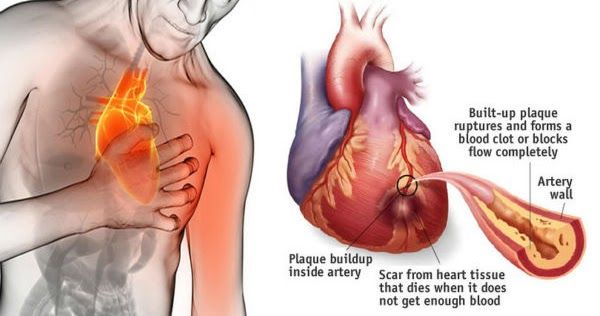
Colon cancer is a serious condition, but the good news is that it can be effectively treated if found early. That’s why it’s important to be aware of the warning signs and symptoms, so you can get help as soon as possible.
Alteration in bowel habits
One of the most common indicators of colon cancer is a change in bowel movements. This includes incontinence, diarrhea, and constipation. While these symptoms could be caused by other conditions, they could also be signs of colon cancer.
Stool with blood
Finding blood in your stools may be a sign of colon cancer. While the digestive tract can bleed for various reasons, it’s important to consult your doctor if you notice blood in your stool to rule out a more serious issue.
Undiagnosed anemia
Colon cancer can lead to undiagnosed anemia, which can result in fatigue, sluggishness, and shortness of breath. If you’re experiencing these symptoms and find that resting doesn’t help, it’s important to speak with your doctor.
Swelling or pain in the abdomen or pelvis
Abdominal or pelvic pain, along with bloating or cramps, may be symptoms of colon cancer. Although these symptoms can be associated with other conditions, it’s important to consider colon cancer as a possibility.
Unexplained weight loss
Unexpected weight loss may be a sign of colon cancer. Cancer cells can deplete your body’s energy reserves, leading to weight loss. If you’re experiencing unexplained weight loss, it’s important to consult with your doctor.
Vomiting
While vomiting is not a typical symptom of colon cancer, it can occur in advanced stages of the disease. If you’re experiencing frequent vomiting, it’s important to seek medical attention.
It’s important to note that colon cancer can sometimes exist without any symptoms. That’s why routine screenings are crucial for early detection. The most common screening test is a colonoscopy, but there are other methods available as well, such as blood testing and DNA stool tests.
Since the risk of colorectal cancer increases with age, screenings should begin around the age of 45. If you have a family history of colon and rectal cancer, it’s advisable to consult with your doctor about getting screened earlier. Other risk factors include a history of inflammatory bowel disease or diabetes, black ancestry, a sedentary lifestyle, alcohol consumption, a high-fat low-fiber diet, smoking, and obesity.
Remember, everyone has a chance of developing colon cancer, regardless of risk factors or family history. However, the prognosis is optimistic if the cancer is detected early. Data shows that earlier detection of colon cancer through screenings is saving lives. Be aware of the warning signs, stay vigilant, and make sure to get screened. Your health is in your hands.




